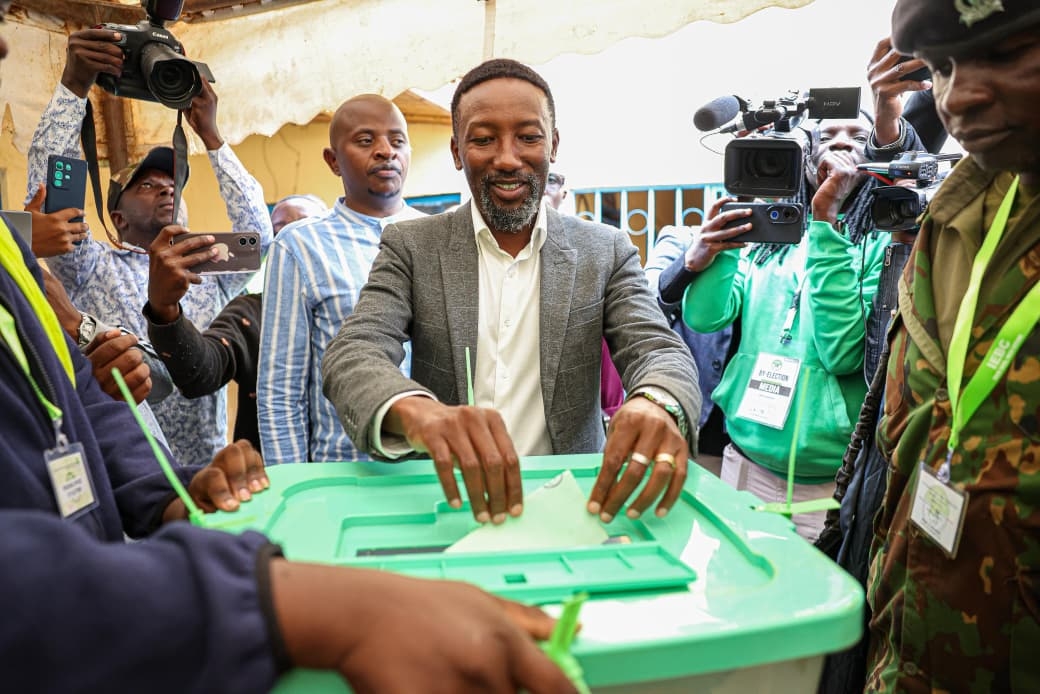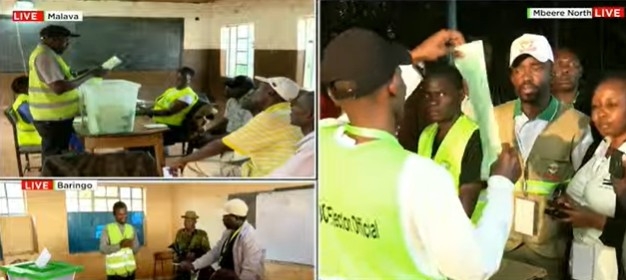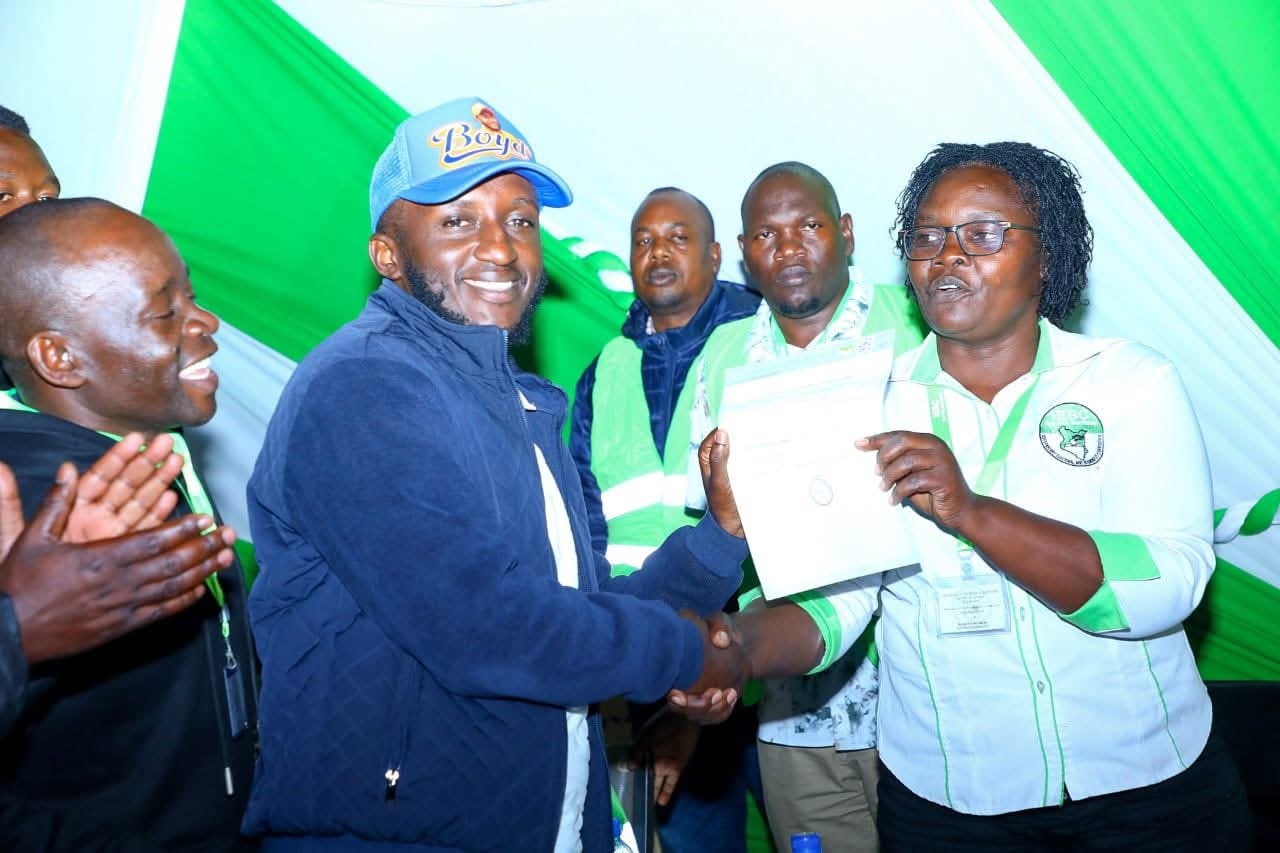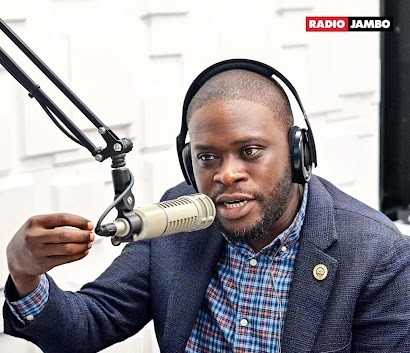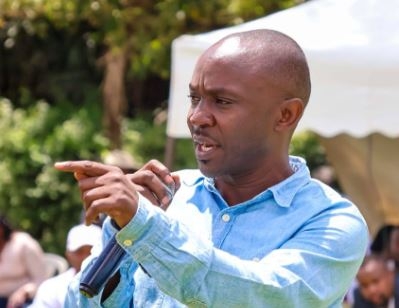President William Ruto is Wednesday set to launch a comprehensive strategic framework that will guide the implementation of the report on terms and conditions of service for the National Police Service, Prisons and National Youth Service.
Officials said the development of the strategic framework follows the successful implementation of the recommendations that were prioritized to be included in the first phase of the roll-out.
The Chief Justice (Rtd) David Maraga Taskforce presented its report to President Ruto in November last year.
The strategic framework set to be launched will guide the remaining phase of the implementation process.
The framework which will guide the team in ensuring effective implementation will cover areas that include leadership in the three services which include oversight and accountability, institutional capacity development and human resource management and development, as well as operational preparedness and logistical capability.
The strategic framework that sets out a clear implementation structure and roadmap has been developed in consultation with the National Treasury, the Salaries Remuneration Commission (SRC) and the Public Service Commission (PSC).
“We are similarly bringing development partners to the table to support in some of the projects and programmes identified in the recommendations,” said Interior Principal Secretary Dr Raymond Omollo.
The President had directed that the report be implemented expeditiously in full.
The move is the latest to roll out the proposed reforms and make the services better for delivery of service.
A national inter-agency team was formed to guide and start the implementation process.
The National Inter-Agency Steering Committee led by the Ministry of Interior and National Administration includes senior officials of the Ministry of Public Service, the National Treasury, the Salaries and Remuneration Commission (SRC) and the National Police Service Commission (NPSC).
Others include officers drawn from the Independent Policing Oversight Authority (IPOA), Public Service Commission (PSC), National Youth Service (NYS) Council, the Judiciary, and the Ethics and Anti-Corruption Commission (EACC) among others.
Chaired by Omollo, the committee started its work with the unpacking of at least 200 recommendations contained in the report.
It singled out recommendations that could be implemented through administrative action without requiring funding.
In this phase, the service charters of the three services were reviewed and service standards were developed.
Staff training and sensitizations focusing on the new service standards and far-reaching service delivery reforms have started, Dr. Omollo said.
The PS noted that the implementation of this phase of the reforms are at 65 per cent for NYS, 42 per cent for Kenya Prisons Service and 37 per cent at NPS.
The complaints handling processes for the three services have been reviewed in line with the recommendations of the task force.
One such recommendation is on new basic salary scheme for the police, prisons and NYS officers.
Interior Cabinet Secretary Prof. Kithure Kindiki appointed a National Steering Committee to oversee the implementation of the reforms.
The government needs a staggering Sh108 billion to implement the far-reaching reforms.
The report identified specific issues such as political interference in NPS, corruption in employment and promotions, police training curriculum, an inadequate National Police Service Commission (NPSC), the role of the Cabinet Secretary responsible for National Security and the structure of the Internal Affairs Unit (IAU) in the police.
While presenting the report, Maraga called for political goodwill in the implementation of the recommendations saying similar proposals were previously made but never implemented.
"It also became clear that the reform recommendations stand little chance of being implemented if the leadership issues are not addressed," Maraga said.
Prioritizing transparency, professionalism, and community engagement has the potential to not only reshape the police service but also rebuild trust between law enforcement agencies and the people they serve.
The task force noted that a major challenge in evaluating and determining the remuneration of the Services has been the Salaries and Remuneration Commission’s use of inappropriate tools and its lack of recognition that the services’ mandate and nature of work are unique and different from that of mainstream public service in terms of decision-making, risks, and disruption of family life, among other factors.
The team recommended the creation of “the Disciplined and Security Services Sector” comprising the Kenya Defence Forces (KDF), National Intelligence Service (NIS), NPS, KPS, and NYS as a separate budget sector.
The team recommended that the basic salary of the members of the three Services be raised by 40 percent at the lowest constable level with a decompression ratio, based on the current salary.
The implementation of the salaries has already started. For non-uniformed members of NPS, given their work environment, the Taskforce recommended a new allowance to improve their terms and conditions of service.
To address complaints of misappropriation, the task force recommended that the payment of all allowances should be automated and promptly made directly into the officers’ bank accounts. For NPS Airwing (NPSAW), the recommendations for it to be restored to the service was a relief.
The team recommended that the Police Airwing be restored to the exclusive control of NPS forthwith. However, the restored Airwing should be operated in strict adherence to Kenya Civil Aviation Authority (KCAA) standards on maintenance and airworthiness, including qualifications, training, and relevant accreditation of professionals working in NPSAW.
The task force urged Parliament to provide adequate resources and budgetary support for the effective and optimal operation of NPSAW.
Alternatively, the Taskforce recommended the Lease Hire of Police aircraft as is the case with Police motor road transport.



